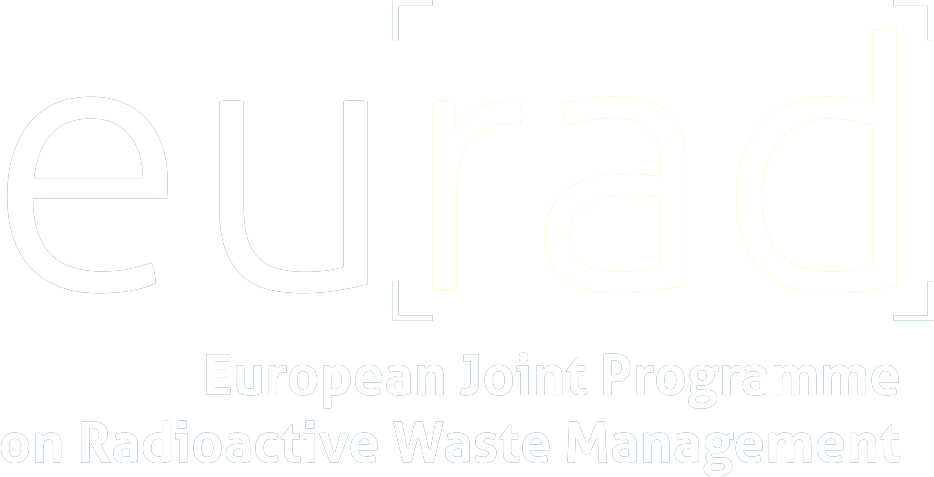
« Back to EURAD training course
- This item has passed.
Work Package ANCHORS Training course
August 27, 2025 - August 29, 2025
This school is organized within the framework of EURAD2 – European Partnership on Radioactive Waste Management (grant agreement No 101166718) – whose one of its objectives is to develop, maintain and consolidate the scientific and technical basis of radioactive waste management. This doctoral school focuses on the Hydraulic mechanical chemical evolution of bentonite for barriers optimisation (ANCHORS) Work Package of EURAD-2.
The main objective of the WP ANCHORS is to increase the optimisation potential of bentonite barrier systems: buffer, backfill and seals, and the Safety Case resilience. The activities are the WP are two-fold:
1) qualifying the Hydro Mechanical (HM) behaviour of various kind of bentonite types and mixtures through laboratory experimental programme focused on heterogeneity, chemical effects and friction at different scales and
2) improving the numerical tools that are necessary to carry out performance assessment of bentonite barriers in a Thermo Hydro Mechanical Chemical (Gas) (THMC(G)) repository environment.
Geomechanics plays a significant role in the understanding of the relevant thermo-hydro²-chemio-mechanical couplings taking place around the disposal. The objectives of the school is therefore to provide the state-of-the-art on basic concepts related to the THMC(G) couplings, the experimental investigation of complex hydro-mechanical behaviour of various bentonite types and mixtures, and the numerical modelling of the multiphysical phenomena.
Learning outcomes
At the end of the school, participants will have a broad view of the state-of-the-art and of the challenges related to the ANCHORS WP research programme. They will meet a number of key researchers on these questions, and will therefore be in contact to further develop their research project.
In particular, the attendees will be able to:
Explain the Thermo-hydro²-chemio-mechanical (multi-physical) couplings in geomaterials
Formulate the fundamentals on Constitutive modelling of the relevant phenomena
Identify the challenges in numerical modelling of these physical processes
Analyse the experimental evidences at the laboratory scale
Explain the physical processes thanks to in situ tests.



